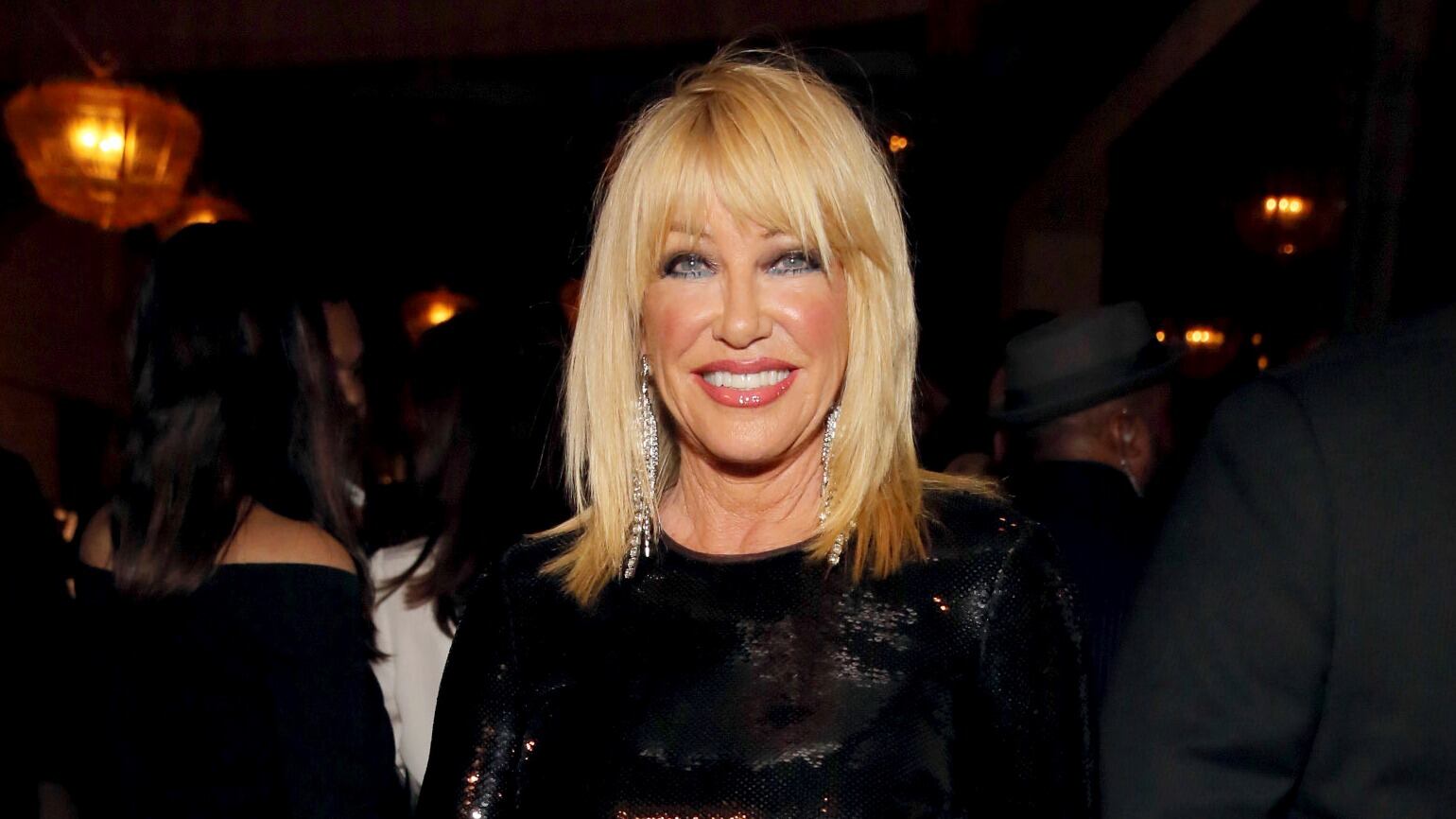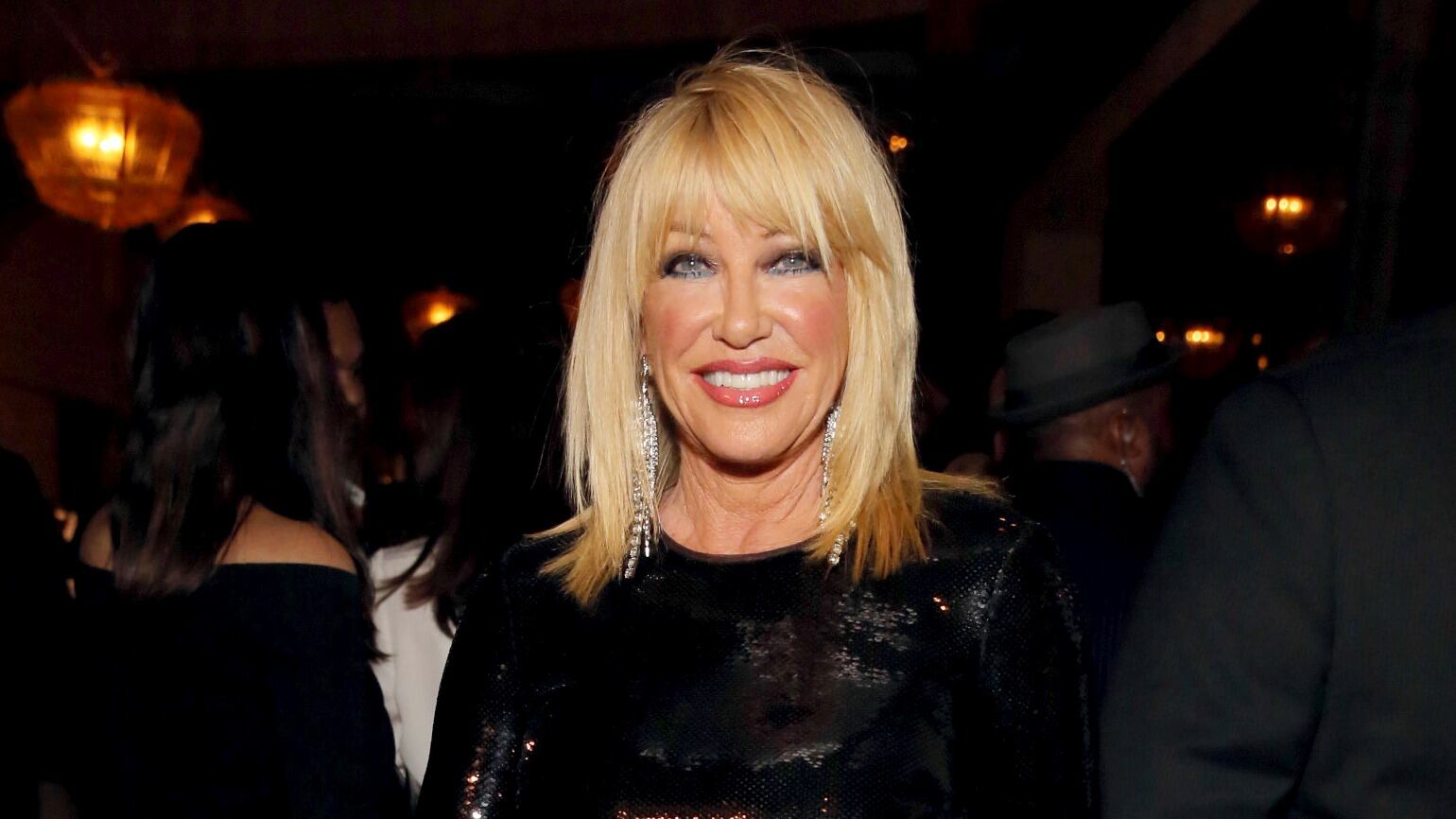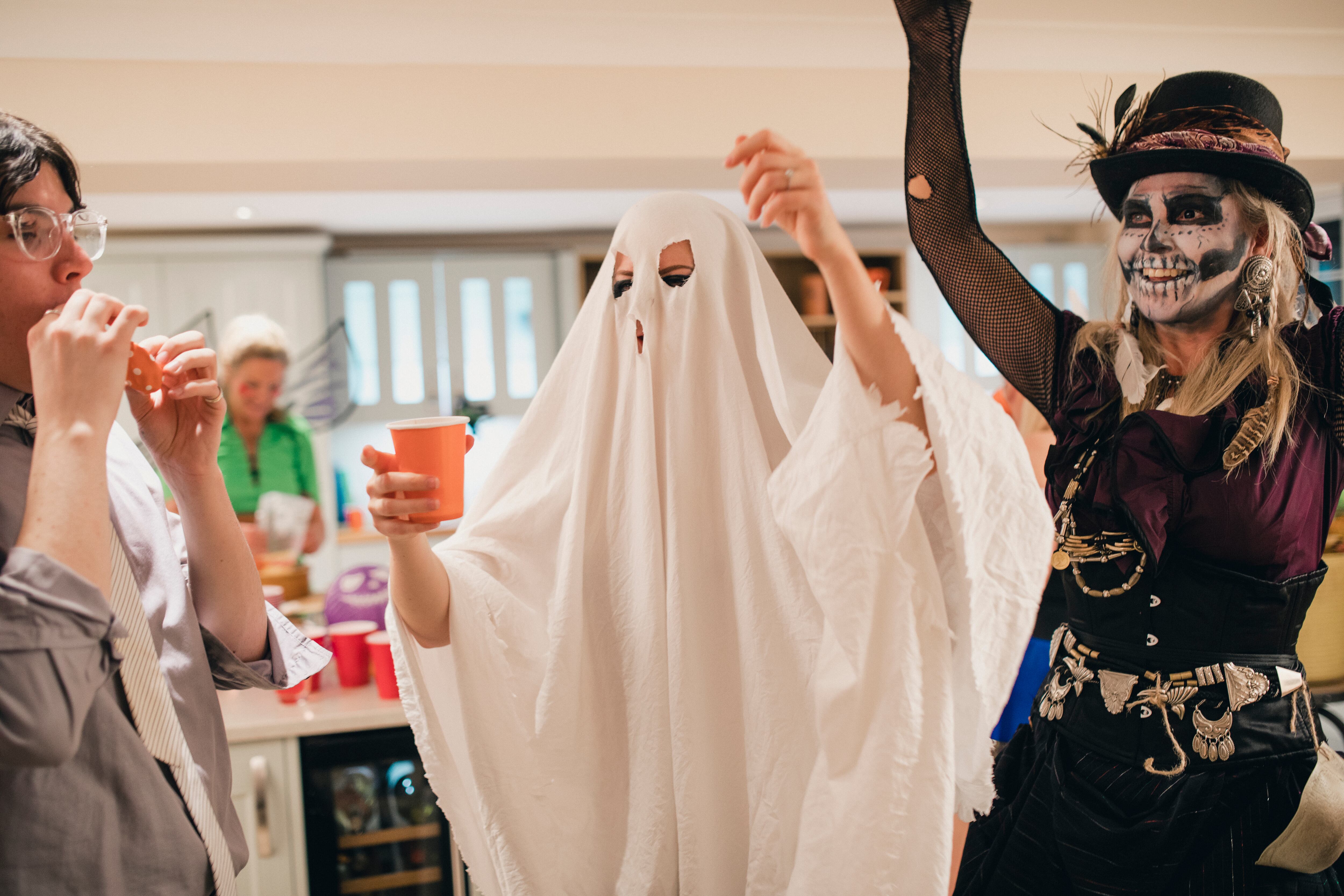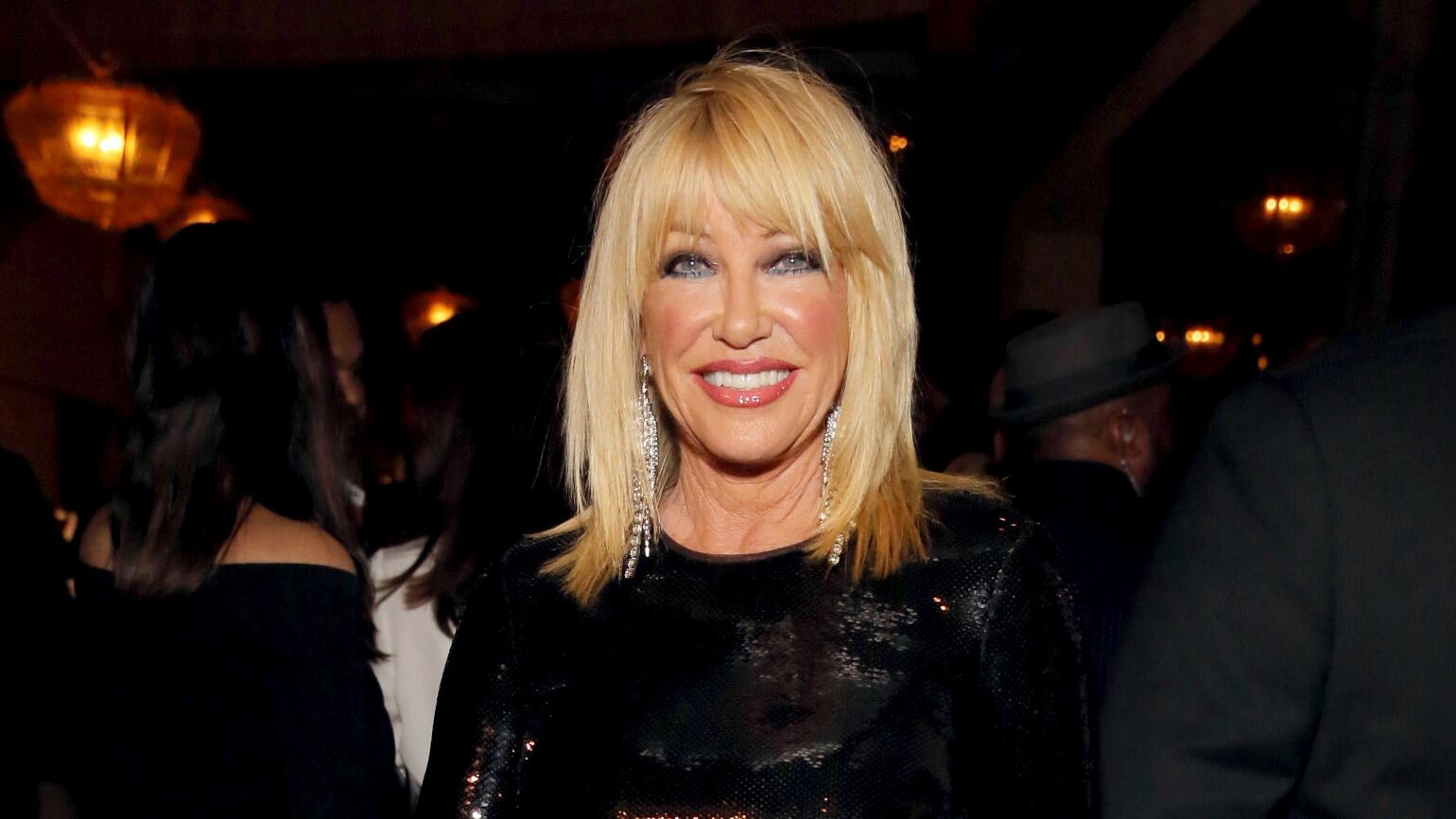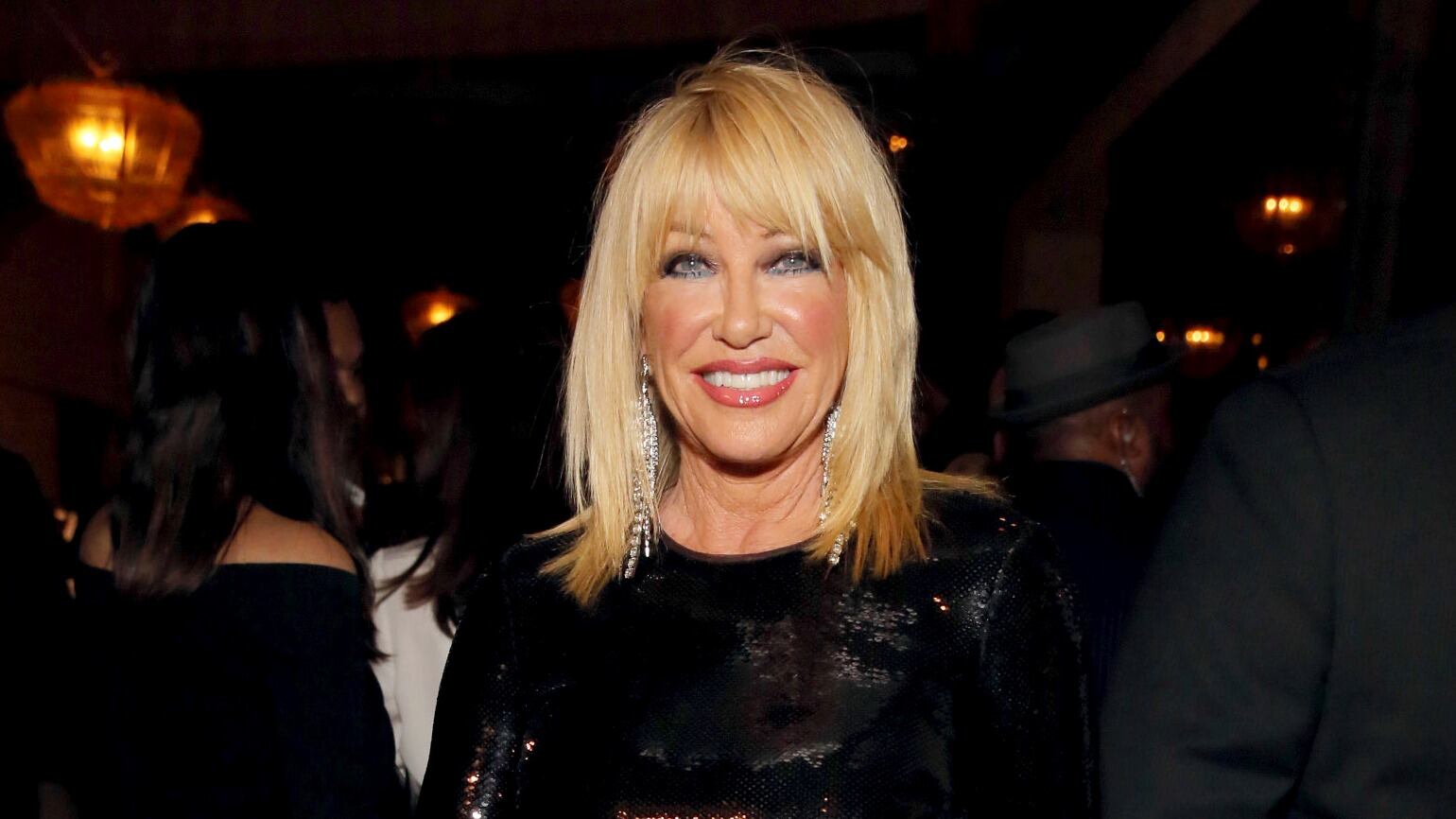By Jill Lawless
It was a rare sight — a senior British royal testifying in a court of law.
What Prince Harry said, both during cross-examination in the witness box Tuesday and in his written witness statement, was just as unusual. By turns defensive, frank and accusatory, his testimony shone a light on life as a royal and on Harry’s bitter personal feud with the press.
Here’s what to know after a historic day at the High Court in London.
A LIFETIME OF INTRUSION
Harry, 38, is suing the publisher of the Daily Mirror over 33 articles published between 1996 and 2011 that he says were based on phone hacking or other illegal snooping methods.
The stories represent a fragment of decades of press coverage that Harry says has warped his life and those of his friends and loved ones.
In his witness statement, Harry claimed that during his adolescence and young adulthood, tabloids cast him in a role — “the ‘thicko,’ the ‘cheat,’ the ‘underage drinker,’ the ‘irresponsible drug taker.’”
“I ended up feeling as though I was playing up to a lot of the headlines and stereotypes that they wanted to pin on me mainly because I thought that, if they are printing this rubbish about me and people were believing it, I may as well ‘do the crime,’ so to speak,” Harry said. “It was a downward spiral, whereby the tabloids would constantly try and coax me, a ‘damaged’ young man, into doing something stupid that would make a good story and sell lots of newspapers.”
Harry alleged that journalists’ behavior was ruinous to his mental health, spurring “bouts of depression and paranoia.”
“I now realize that my acute paranoia of being constantly under surveillance was not misplaced after all,” he said.
RELATIONSHIPS DESTROYED
Many of the articles deal with Harry’s relationship with Chelsy Davy, his first serious girlfriend. He says he relationship eventually fell apart under media scrutiny, and accuses newspapers of trying to wreck his relationships “using whatever unlawful means at their disposal.”
“I always felt as if the tabloids wanted me to be single, as I was much more interesting to them and sold more newspapers,” his statement said. “Whenever I got into a relationship, they were very keen to report the details but would then, very quickly, seek to try and break it up by putting as much strain on it and creating as much distrust as humanly possible, as I shall go into in more detail later in this statement.
“This twisted objective is still pursued to this day even though I’m now married,” he said.
PAINFUL MEMORIES OF DIANA
Harry has long blamed the press for the death of his mother Princess Diana, killed in a car crash in 1997 while being pursued by paparazzi.
He told the court he was distraught to discover Diana’s private conversations might have been hacked by the Mirror Group. He said he felt “sick” to learn of payments by the newspaper to private investigators for information related to Diana.
He lashed out at TV host Piers Morgan, who was editor of the Daily Mirror from 1995 to 2004.
“The thought of Piers Morgan and his band of journalists earwigging into my mother’s private and sensitive messages … three months prior to her death in Paris, makes me feel physically sick,” Harry wrote. He called it “vile and entirely unjustified behavior.”
FAULTY RECALL?
Harry’s anguish is evident, but the lawyer for Mirror Group thought his memory was flawed. Attorney Andrew Green took Harry through the articles one by one Tuesday, asking whether he could remember reading them at the time of publication. In many cases he could not.
Green also said Harry was “in the realms of total speculation” when he said stories must have been acquired by phone hacking or other illicit means.
The lawyer said there have been “many different routes” by which information about Harry had made its way into the media and “it doesn’t always require unlawful press activity.”
A CALL TO ARMS
Having left royal life in 2020, citing unbearable media scrutiny and alleged racism toward his wife, Meghan, Harry is on a mission to reform the British media.
His witness statement ends with a call to arms, calling for press regulation and accusing some journalists of having “blood on their typing fingers.”
“They claim to hold public figures to account, but refuse to hold themselves accountable. If they’re supposedly policing society, who on earth is policing them, when even the government is scared of alienating them because position is power. It is incredibly worrying for the entire U.K.,” Harry said.
He’s no fan of Britain’s Conservative government, either. “Our country is judged globally by the state of our press and our government — both of which I believe are at rock bottom,” he said.




